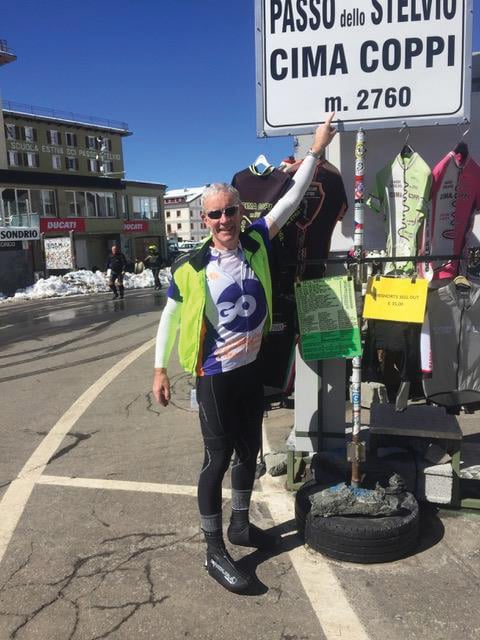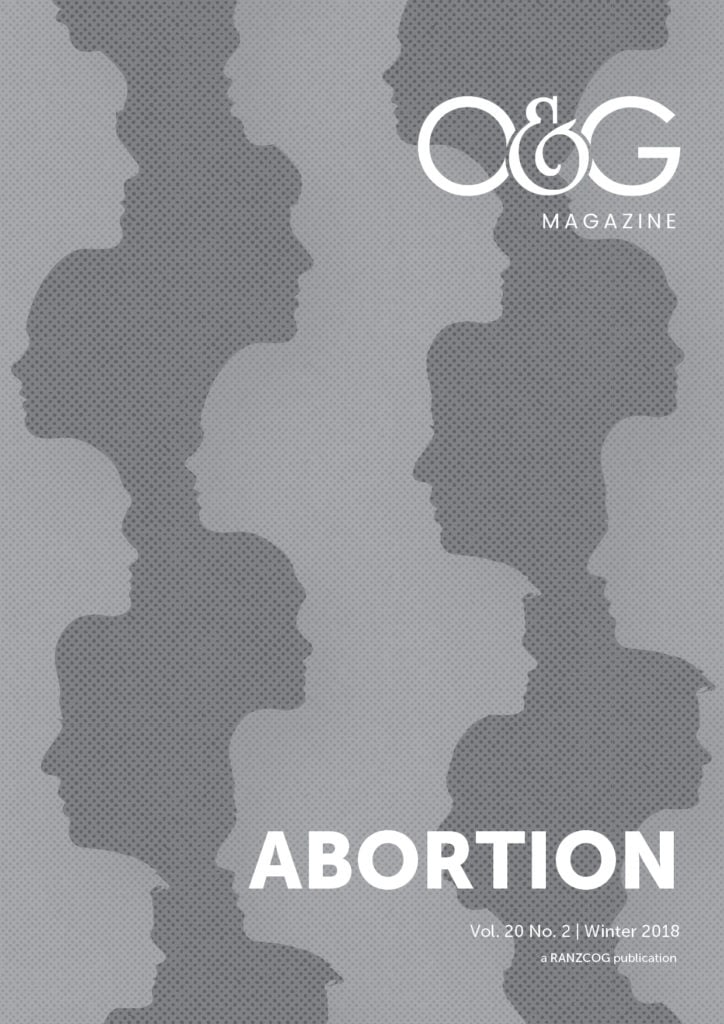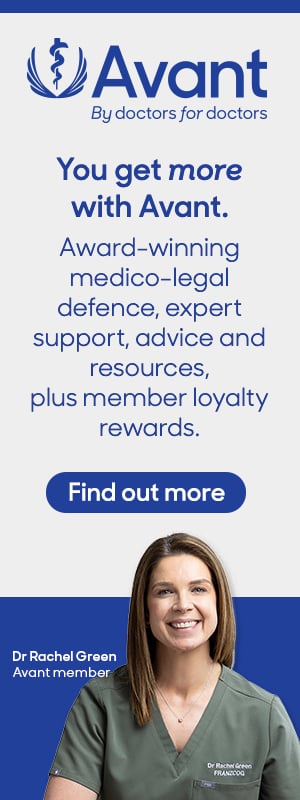This new O&G Magazine feature sees Dr Kirsten Connan in conversation with RANZCOG members in a broad range of leadership positions. We hope you find this an interesting and inspiring read. Join the conversation on Twitter #CelebratingLeadership @RANZCOG @connankf
Prof Michael Quinn graduated from the University of Glasgow and began his medical career at the Glasgow Victoria Infirmary in 1973. After passing the MRCP and MRCOG, he accepted a research position at the Royal Women’s Hospital (RWH) in Melbourne.
Following two years of postgraduate gynae-oncology training in Canada, Prof Quinn returned to Melbourne as a consultant at the Peter MacCallum Cancer Centre, and as the Director of the Hydatidiform Mole Registry at RWH. In 1988, he become the Director of Oncology at RWH.
Prof Quinn retired from clinical practice in 2016, with over 350 publications and authorship of multiple monographs and books. He has personally raised more than A$1,000,000 in sponsorship for gynae-oncology research through marathon running, road cycling, and mountain climbing adventures, and A$3,000,000 for renovating the unit at RWH.
Prof Quinn is President of the International Gynaecologic Cancer Society (IGCS), having developed global curriculum and mentorship programs in Vietnam, Mozambique, Ethiopia, Kenya, Zambia, Liberia, Guatemala, Fiji and Indonesia. Under Prof Quinn’s presidency, the IGCS has committed to achieving 50 per cent female representation on the society’s board by 2022.
What drew you into a career in gynae-oncology?
I loved both obstetrics and gynaecology, but I could see a huge need in gynae-oncology. During my time in Canada, the multi-disciplinary aspect of oncology care and team collaboration was inspiring. I felt this was something Australia needed and our local units could emulate.
What changes occurred in gynae-oncology during your time as Head of Department?
When I started in the role in 1998, the RWH inpatient facility was a historical ‘Nightingale’ ward, with large open multi-bed rooms and only one shared bathroom. With lots of out-of-hours talks and sharing of women’s cancer stories around many tables, clubs and organisations, as well as a number of marathons (Sponsaprof), we raised funds to convert our ward into 21 spacious single rooms (all with en-suites and access to a communal kitchen and laundry). We also provided a double bedroom, enabling partners to stay during palliation. This was such an important change for the patients and their families. Eventually, single rooms became the norm in many public hospitals.
We also saw the RWH unit bring outpatient and in-patient services side by side. This facilitated continuity of oncology care for doctors and patients, dramatically improving our outpatient services, thus enhancing the patient experience.
During this time, the number of female doctors entering gynae-oncology was slowly increasing and, as in O&G generally, the need for more women in gynae-oncology was long overdue.
How did you manage to prioritise family and professional life?
Honestly, with difficulty. The generations who have followed me have been much more balanced in their approach to work and personal life. The hours we worked were long. It was great for clinical and surgical skills, but it came at a cost. Safe working hours, part-time training and job sharing now challenge the attainment of surgical skills, but they have definitely changed medicine’s working culture in a positive way.
What have been your career highlights?
Running the New York and London marathons as fundraisers, and climbing Mt Pisco in Peru with my son, were absolute personal highlights.
Professionally, highlights of my career would be: my time as Director of Oncology at RWH; co-founding the Asia-Oceania Research Organisation in Genital Infection and Neoplasia (AOGIN) and the Australia New Zealand Gynaecological Oncology Group (ANZGOG); being honoured as Victorian of the Year, subsequently with an AM; and my current role as President of IGCS.
How have you sustained your career?
Collaborating with colleagues, networking with others in leadership roles, identifying, learning from and sharing with mentors, as well as engaging in regular exercise, have all been instrumental in my career.
What do you see for the future of RANZCOG?
The core mission and vision of the College is the education and training of O&Gs in Australia and New Zealand. This should remain the foundation of the College.
Leadership training and mentoring is a much needed investment by the College. Every new trainee should have a designated mentor.
Do you see yourself as a leader?
Absolutely. Being a medical specialist demands this. Leadership provides such a great platform to create change, which in my areas of clinical practice, have led to enormous improvements in women’s health.
What has been your leadership vision?
My current vision is about commitment to improving outcomes for women with gynae-oncological cancers globally. To do this well, leaders need to communicate their vision, be passionate, be effective decision-makers, be receptive to criticism, and, most importantly, maintain integrity.
Do you see yourself as a feminist?
Yes. We all need to work towards gender equality and we need more women in leadership. As part of the IGCS commitment to addressing gender inequality, we have committed to achieving 50:50 gender representation on our board by 2022.
What do you see as the challenges for current trainees?
Academic medicine remains very under-valued in Australia, particularly within O&G. This needs to change for the future status of the specialty.
As seen in the US, managed healthcare is likely to become a feature of private healthcare in Australia. This will challenge and threaten the private practice landscape for specialists, especially obstetric practice.
What three words best describe your life?
A fulfilling, fortunate and fertile professional career.
Prof Quinn is available for contact from centres or individuals interested in supporting gynae-oncology training and services in low-income developing countries.

Prof Michael Quinn in Italy during the Giro d’Italia.






Leave a Reply